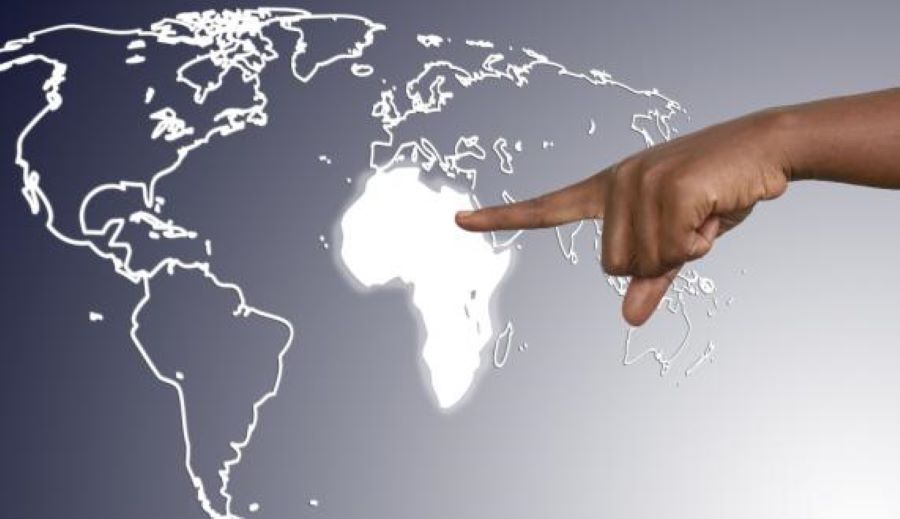Adequate policies and investments in health, education, economic diversification, and skill development will ensure that the growth benefits are distributed more equally across the population. Only then, Africa will be able to sustain its momentum in economic recovery.
The latest World Bank report, on Africa, ‘Africa Pulse” validates the projections of the AFDB a month earlier – Africa is steadily marching towards its economic recovery. Released in April 2024, the report projects a growth rate of 3.4% in 2024 and 3.8 percent in 2025 for the continent. At the same time, AFDB’s Macroeconomic Performance and Outlook (MEO) released in February 2024 sounds even more optimistic. It projected Africa’s real gross domestic product (GDP) growth to average 3.8% and 4.2% in 2024 and 2025 respectively. While Afdb projections are some notches above the World Bank projections, what is notable is, that both projections are ahead of the estimated global growth rates of 2.9% and 3.2%.
Of course, projections by multilateral institutions like the World Bank and AFDB are not speculations but are supported by scientific analysis and data on the economic performance of the African nations. Hence these estimates are not castles in the air. Growth in Africa’s top-performing economies has been attributed to a range of factors, including declining commodity dependence, cooling of inflation, economic diversification, rising investment in strategic sectors, and expansion in public and private consumption. Moreover, fifteen African countries achieved output expansions of more than 5% despite the formidable global and regional challenges, AFDB pointed out. Africa it said, will account for eleven of the world’s 20 fastest-growing economies in 2024, and will be the second fastest-growing region after Asia.
Despite these discernible positive economic trends, experts are cautiously optimistic about Africa’s growth story. Rising geopolitical tensions, regional conflicts, political instability, ballooning debt service obligations, and frequent natural disasters are some of the destabilizing factors. Analysts fear these could disrupt trade and investment flows and perpetuate inflationary pressures.
But, over and above these challenges, what is most worrying to Africa experts, is the deepening inequality, that could cripple the economic transformation of Africa. Inequality in Africa is rated as one of the highest in the world, largely due to a lack of sufficient investments.
Disparities sweep across all aspects of African life – social, political, economic, and so on. An ordinary African still struggles to access basic services such as schooling or healthcare, though some improvements are discernible. Similarly, inequalities exist in access to markets, jobs, and income-generating activities.
Tackling these asymmetries needs careful policy interventions. Investing in Africa’s human potential and fostering inclusive growth are crucial to economic growth. Adequate policies and investments in health, education, economic diversification, and skill development will ensure that the growth benefits are distributed more equally across the population. Only then, Africa will be able to sustain its momentum in economic recovery.
Fostering job-friendly economic growth is pivotal for a more prosperous Africa. Lack of job opportunities creates a vicious cycle. It leads to several social evils including political and social unrest, corruption, substance abuse, health hazards, and so forth. This impacts economic activity and a fall in economic activity impacts access to food and livelihoods. According to official statistics, an estimated 105 million people are at risk of food insecurity due to conflict and climate shocks.
Over the next three decades, the continent is poised to experience the fastest increase in the working-age population. It is projected to witness an increase of 740 million people by 2050. According to experts, about 12 million youth will enter the labor market across the continent every year in the coming decades. However, only about 3 million new formal jobs are generated yearly.
The resource-rich continent undoubtedly has significant economic potential. Cracking the regional Rubik’s cube to get all the African nations in alignment is central to achieving equitable economic growth. An integrated African market will make Africa globally competitive, strengthen value-added manufacturing, and provide better job opportunities for Africans.
In short, the future of Africa rests on the continent’s efforts towards economic integration, economic diversification, and development of its human capital.





